A family African safari is one of those dream holidays many families talk about but don’t know where to start. An African safari with kids? Isn’t it dangerous? Is it even possible on a family budget?
To help answer these questions (and loads more), we sat down with Deon De Villiers, founder of Safari Guru, a bespoke safari specialist that’s helped hundreds of families make their African adventure a reality.
If you’d like to listen to the Podcast version of this interview, simply hit the play button below.
Deon’s not just an expert – he’s lived and breathed safari life, having spent years running camps in Botswana and South Africa. He now splits his time between Australia and Africa, hosting safaris and designing tailored trips that actually suit families.
Here’s what he shared with us.
First things first: Is an African safari safe for families?
We asked the big question upfront, and the short answer is yes. Deon explained that while the safari life he lived with his own kids was a bit more wild and spontaneous (camping on islands in the Okavango Delta with elephants wandering past), the trips he plans for families are carefully vetted.
“If I wouldn’t feel comfortable taking my own kids there, I won’t send a client there,” he said.
Some safari camps are fenced for added safety, especially great for younger children. For families with older kids or teens looking for more adventure, unfenced camps in countries like Zimbabwe or Botswana can offer a true wilderness experience safely, with the right operators.
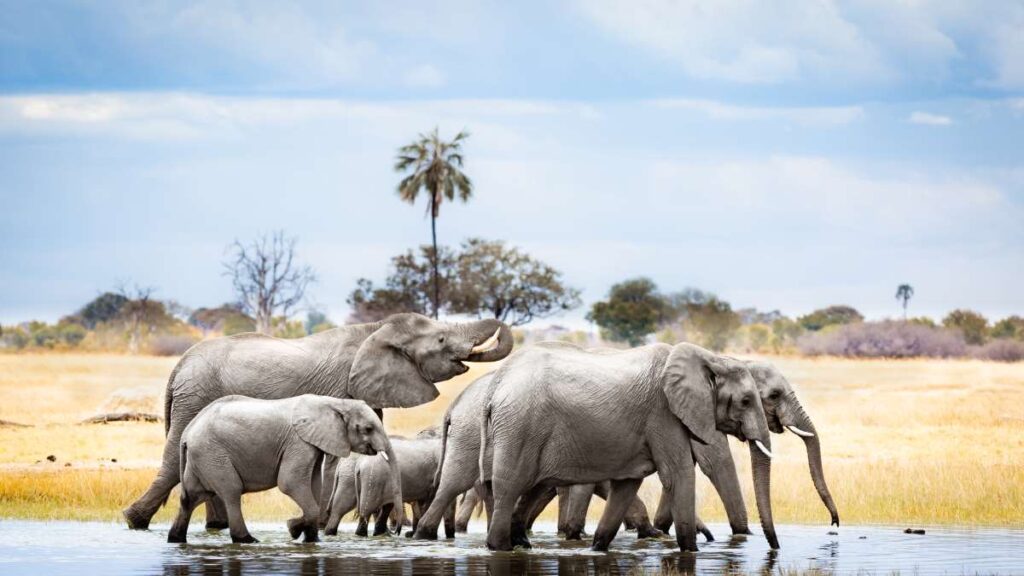
Where should first-timers go on their family African safari?
Not all safari destinations are created equal, especially if it’s your first time. According to Deon, it’s less about the country and more about choosing the right camp.
That said, here are a few popular first-timer picks:
- South Africa (Madikwe Game Reserve): Malaria-free and known for delivering excellent wildlife sightings in just a few days. A great option for families with younger kids.
- Botswana (Okavango Delta): Ideal for those wanting a mix of land and water-based safaris. Deon’s personal favourite for its peaceful boating experiences.
- Zimbabwe and Kenya: These offer more adventurous, wildlife-rich experiences. With the right operators, they’re fantastic for older kids and teens.
He generally steers first-timers away from places like Namibia, which are better suited to seasoned safari-goers due to long travel distances and harsher environments.
What’s it actually like with kids?
Forget the idea of hours of driving with bored, whiny kids in the back. A well-planned safari keeps the whole family engaged – even teenagers.
“A good guide doesn’t just drive. They’ll get the kids involved looking at animal tracks, figuring out which direction a lion went, and decoding the sounds of the bush,” Deon said.
Safari drives typically run 3–3.5 hours in the morning and again in the late afternoon. In between, there’s downtime for meals, rest, or other activities, depending on your camp.
For older kids and teens, activities such as boating safaris, catch-and-release fishing, walking safaris, or cultural experiences with local bushmen can be truly unforgettable.
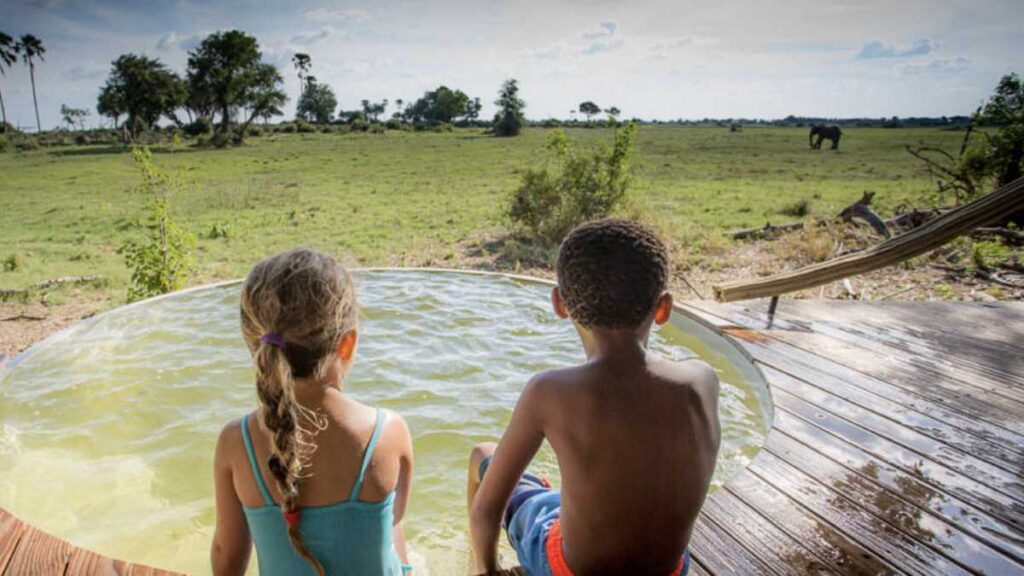
What else can you expect from a family African safari?
Aside from the Big Five, there’s a whole world of smaller experiences: insect tracking, medicinal plant walks, story-sharing with local guides, and yes – monkeys stealing your lunch if you’re not careful.
Deon’s own kids have a favourite family story where a baboon stole their doll at camp (don’t worry, they got it back). Another? Pretending to toss a baby bottle into a group of hippos to help wean his daughter. Whatever your parenting challenges, there’s apparently a safari solution.
What does it cost?
Safaris aren’t cheap – let’s not sugarcoat it. But that doesn’t mean they’re completely out of reach. Deon explained that most families spend AUD $30,000–$40,000 for a full trip (excluding international flights), which typically includes around 10 days of safari plus time in other destinations like Cape Town or Victoria Falls. However, it can be done cheaper and it can also be done much more expensively.
“There are ways to do it more cost-effectively, though,” he said. “Mobile safaris, for example, are amazing. The tents move ahead of you, meals are cooked over the fire, and everything is set up when you arrive. It’s camping – but without the chores.”
For shorter safaris (e.g. 5 days), you’ll find significantly cheaper options for a family of four, especially if you include budget-friendly stays like private houses in game reserves.
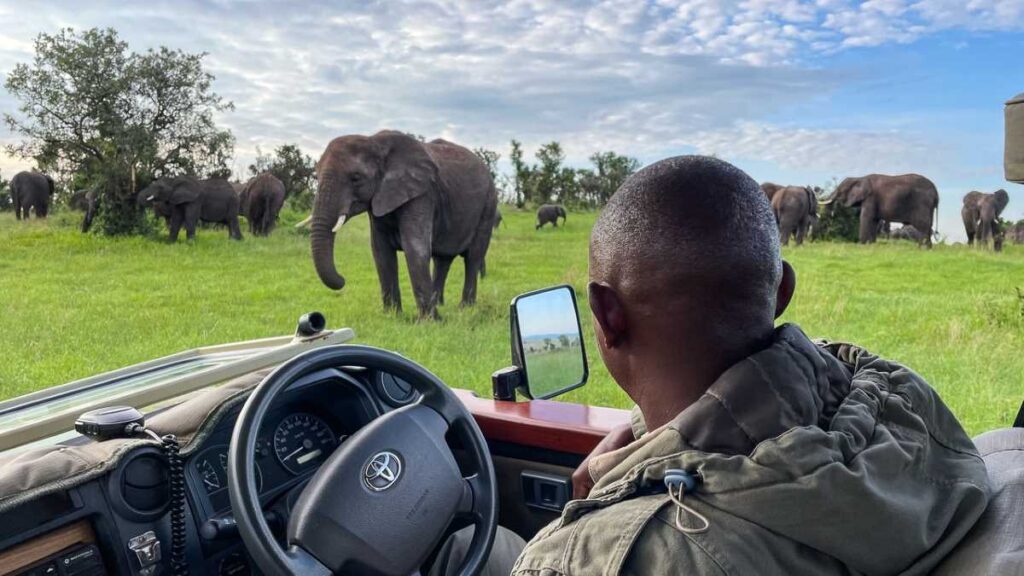
Why book through a Safari specialist?
This might be the most important takeaway from our chat with Deon: don’t try to DIY your first family safari.
“You’re not just crossing state lines – you’re crossing countries, currencies, languages, borders. Every time you do that, there’s a new set of rules,” he said.
A specialist like Safari Guru tailors the safari to your family’s needs – whether that’s budget, kids’ ages, or comfort levels – and helps avoid the logistical minefield of border crossings, tipping culture, and regional differences.
They also provide on-the-ground support, so if something goes wrong, there’s someone in your time zone ready to fix it.
Final advice
“If you’ve got the dream, talk to a specialist,” said Deon. “Tell them what you’re after, what worries you, what excites you. Let them turn that dream into something real – something that works for your family.”
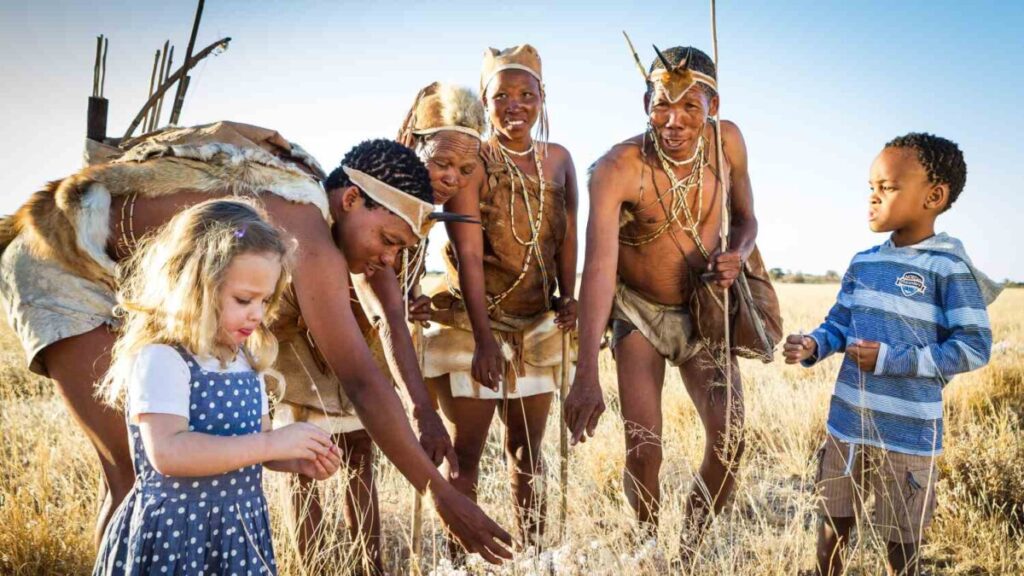
FAQ: Family African Safaris
Yes, with the right planning. Many camps cater specifically to families with young children and offer fenced environments or malaria-free locations for added peace of mind. Safari Guru carefully selects camps based on your family’s needs and kids’ ages.
There’s no perfect age, but children aged six and up tend to get the most out of the experience. Teens love the adventure side of things, while younger kids are often captivated by the animals and stories from the guides.
Most families find that six to 10 days of safari time works well, often paired with a few days in places like Cape Town or Victoria Falls to break things up. Two different camps over a week keeps the scenery and experiences fresh.
Choose from luxury lodges to tented mobile safaris (where your tent moves ahead of you and is fully set up by the time you arrive). Even the “camping” setups usually include hot meals, real beds, and staff on hand.
There are malaria-free safari areas, such as Madikwe Game Reserve in South Africa, which are ideal for families with young kids. Always consult your travel doctor for the latest vaccination advice and malaria precautions.
While safaris are generally high-cost trips, there are options like mobile safaris, private houses in game reserves, and stay-pay deals that can bring costs down. Safari Guru works to find options that suit your budget without compromising the experience.
It depends on the camp. Many have limited Wi-Fi to encourage guests to switch off and enjoy the bush, but some offer connectivity in common areas. If staying in touch is important, just let your operator know – they’ll plan accordingly.
Absolutely. This is essential for any international trip, but especially for safaris where you may be in remote areas. Make sure your insurance covers medical evacuation and activities like game drives or boating.
Where to next?
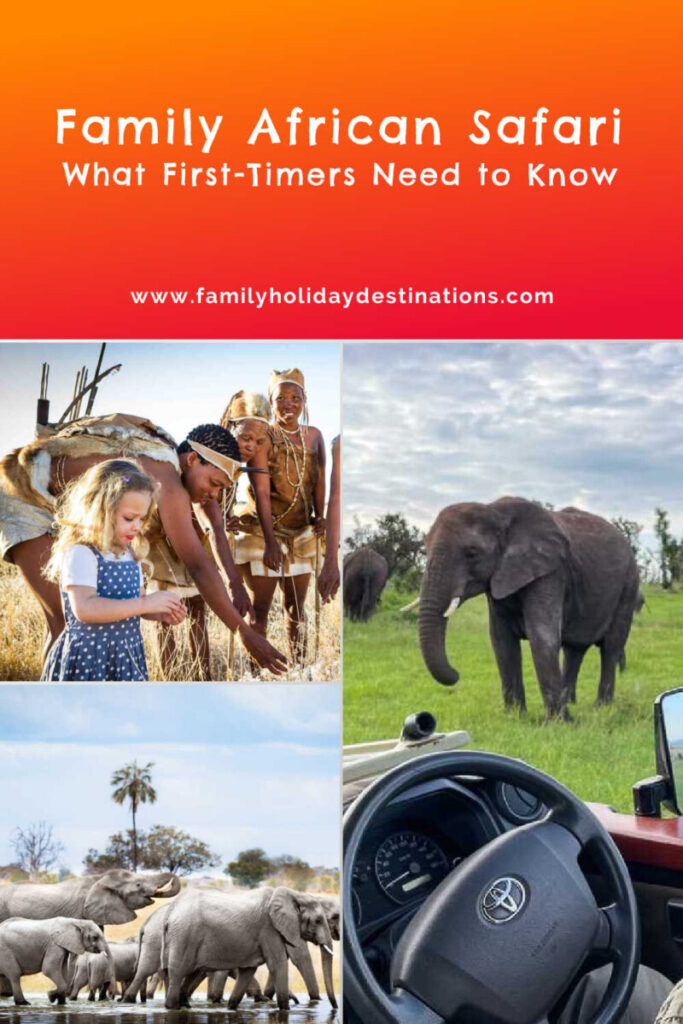
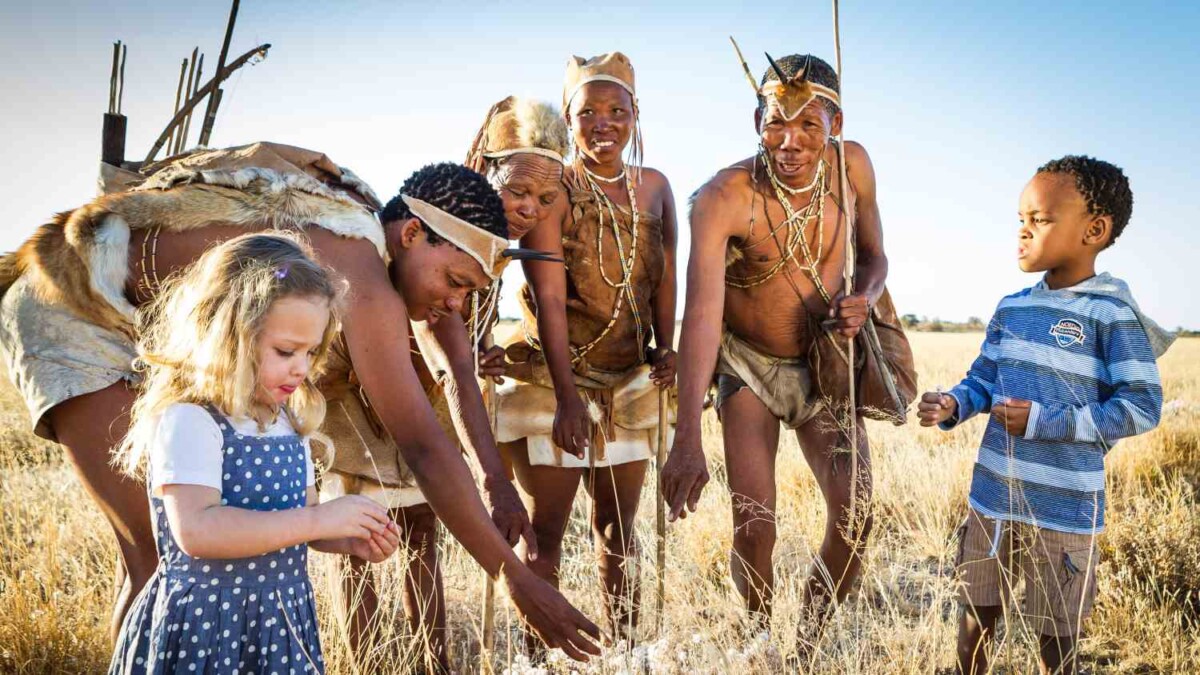
Let me know what you think!